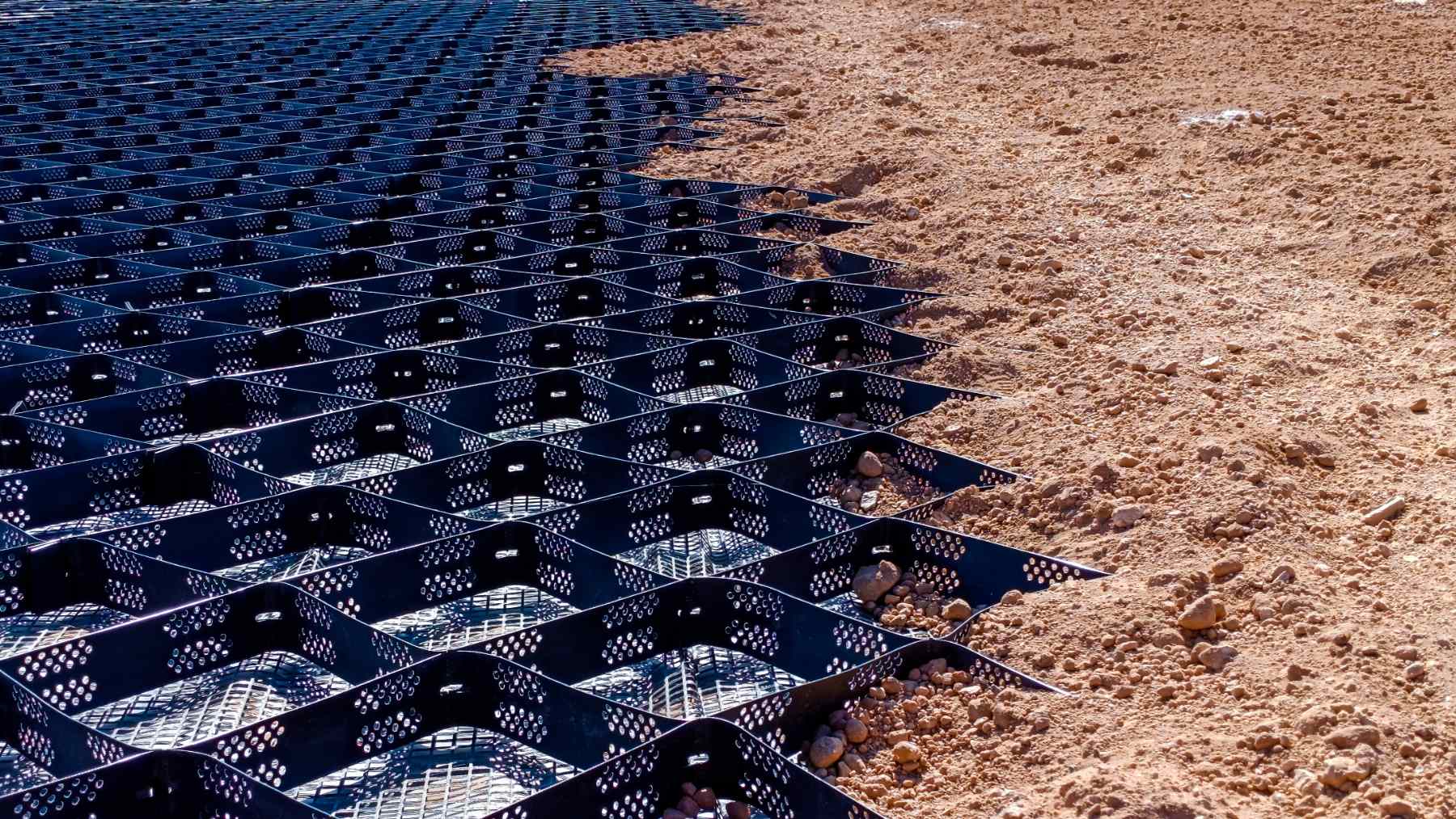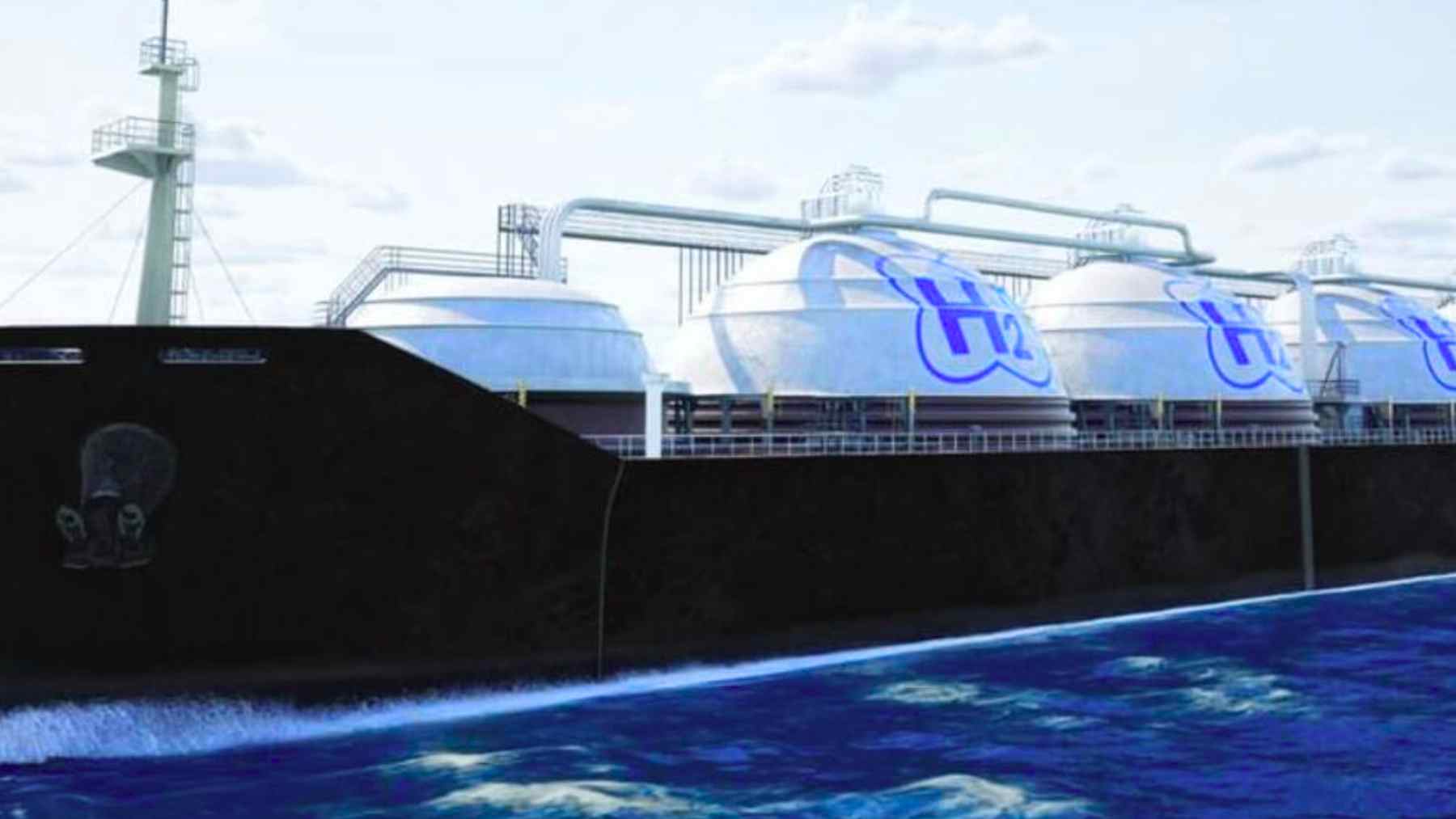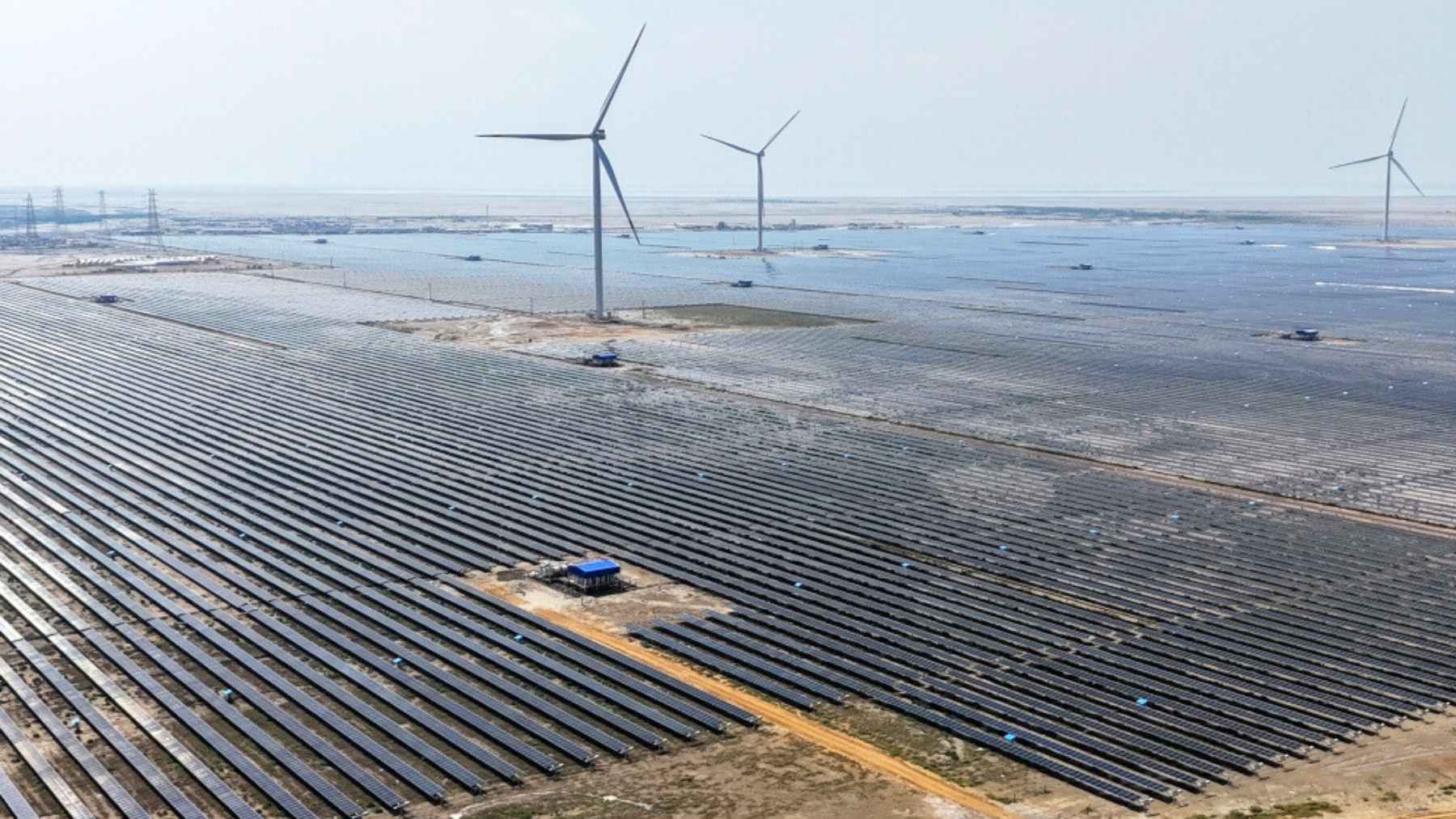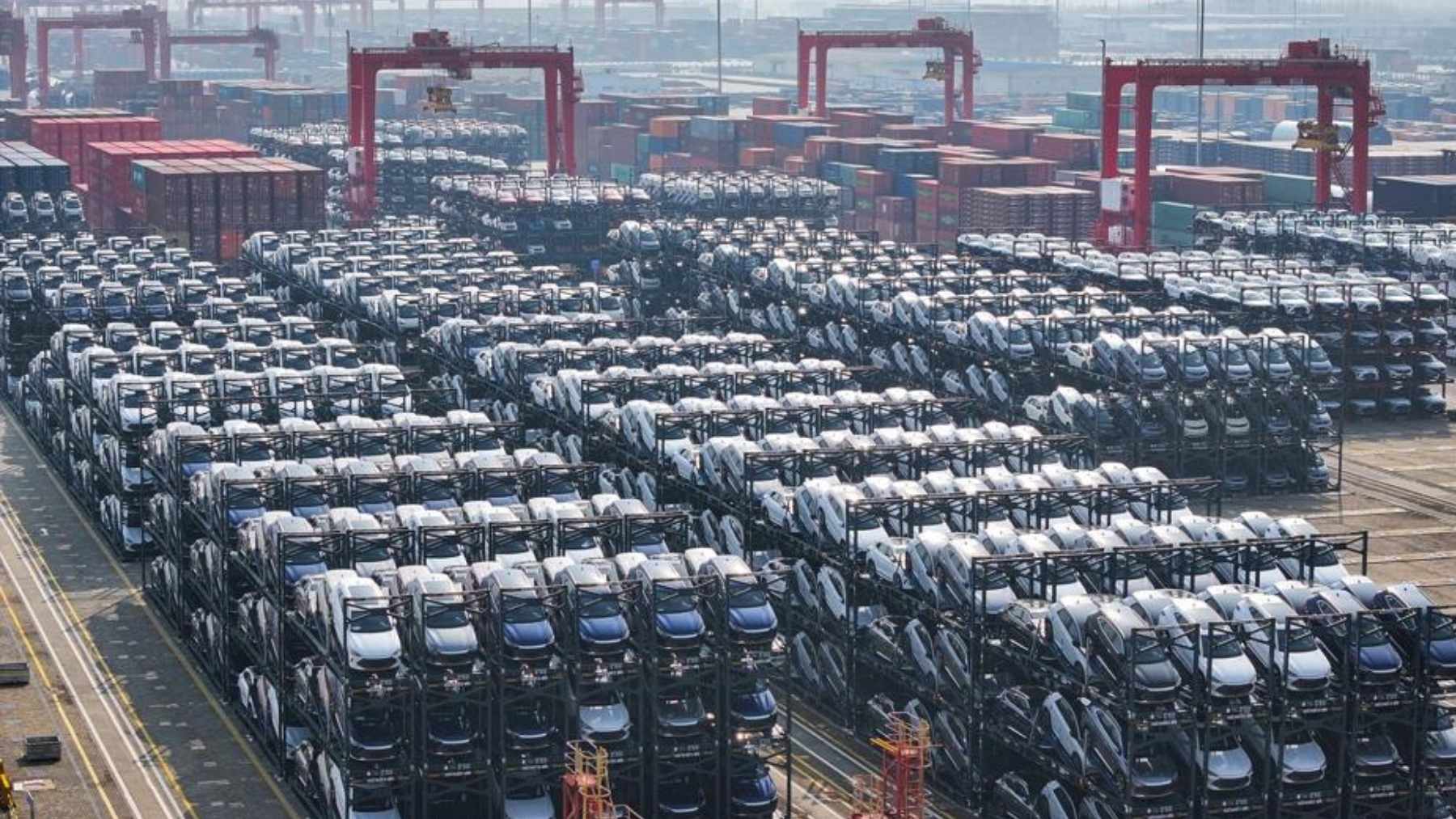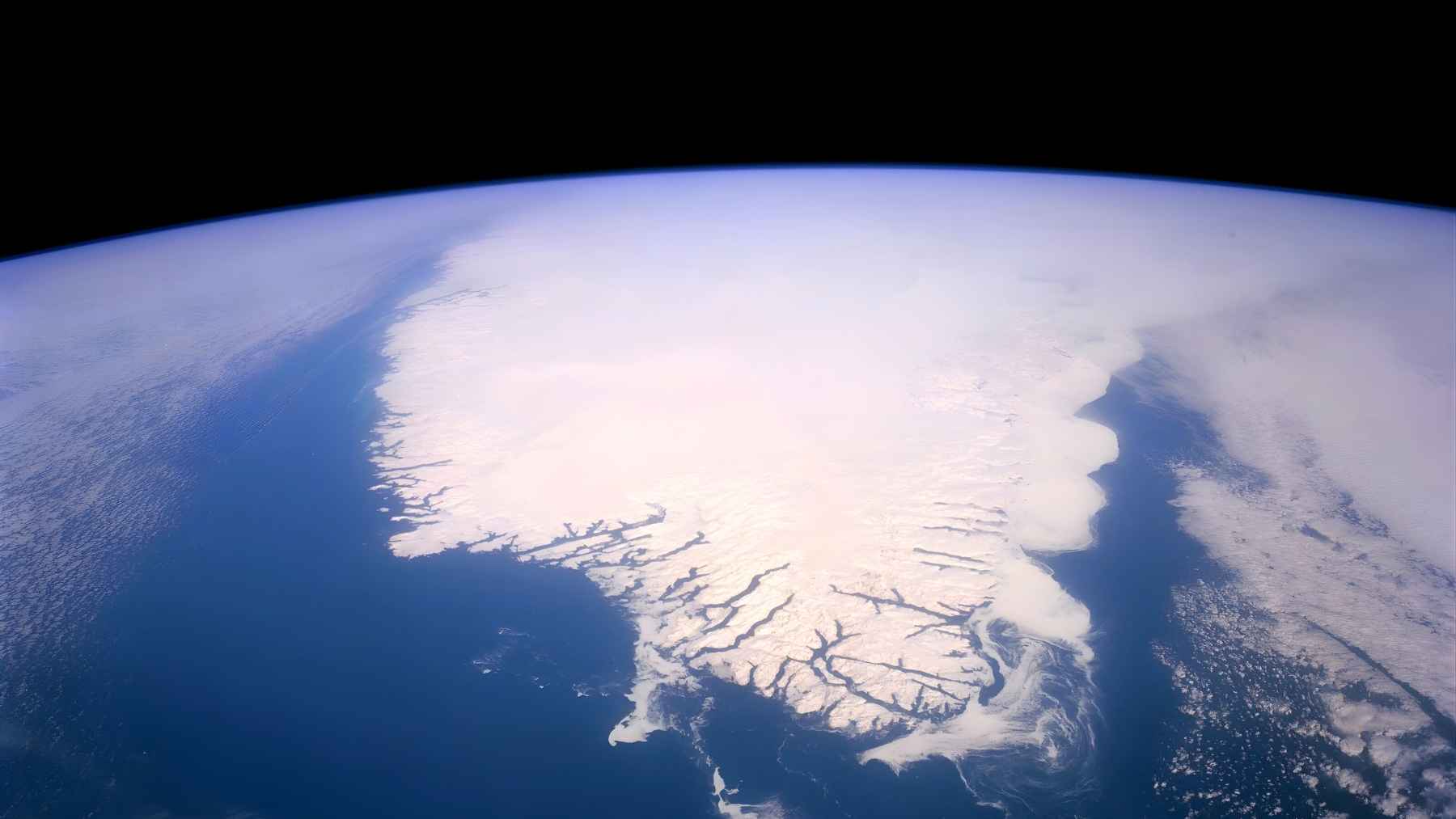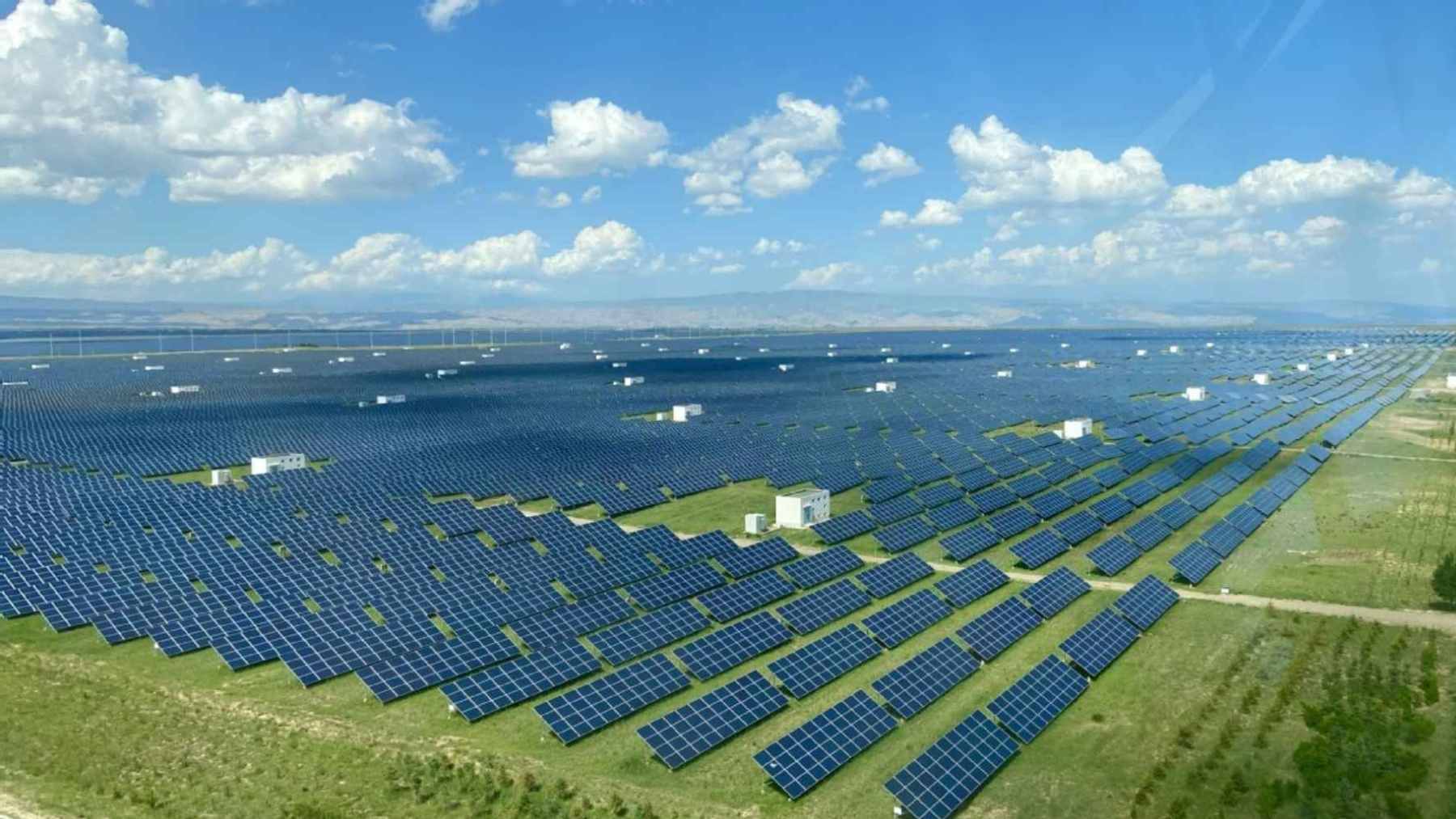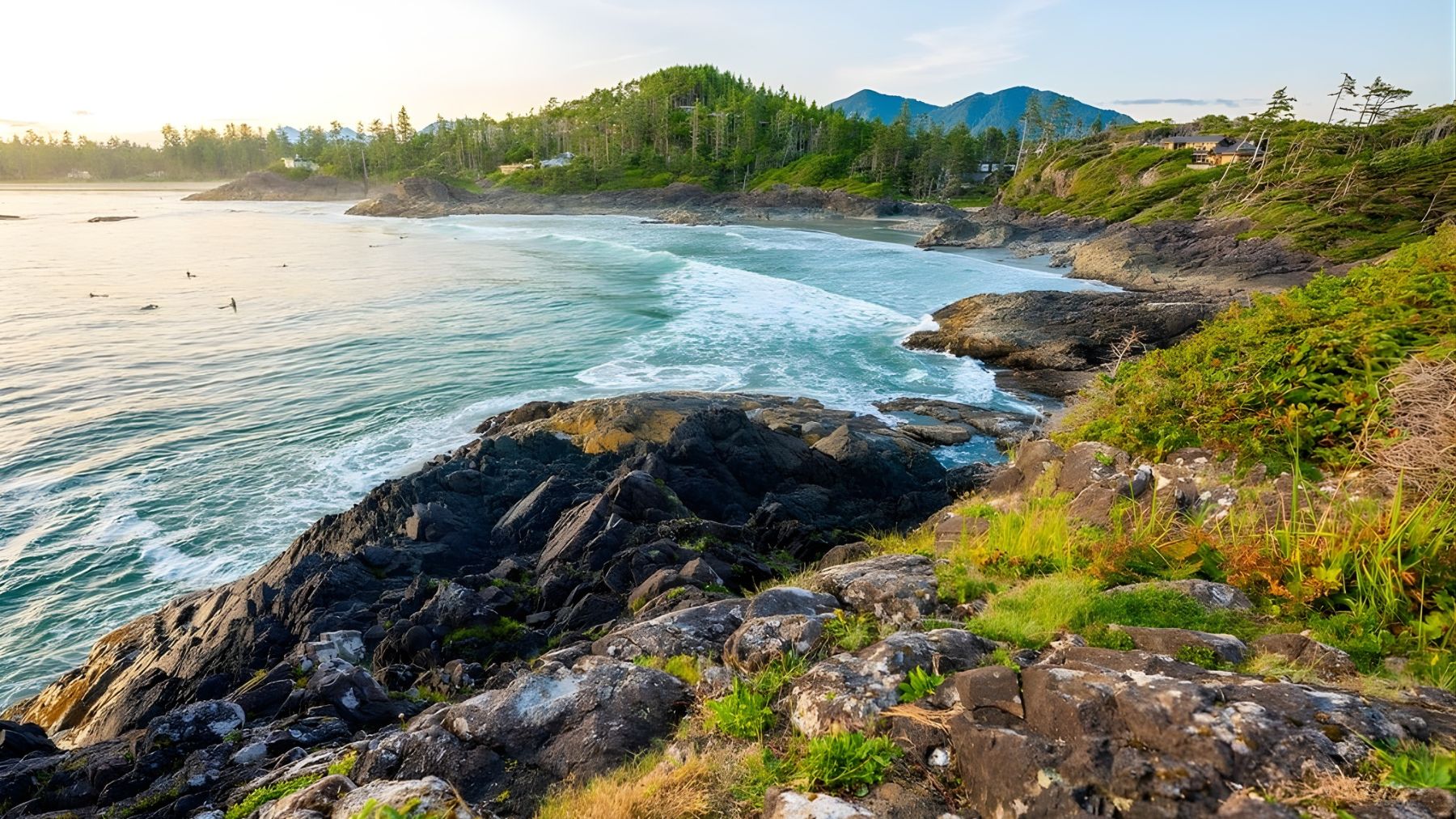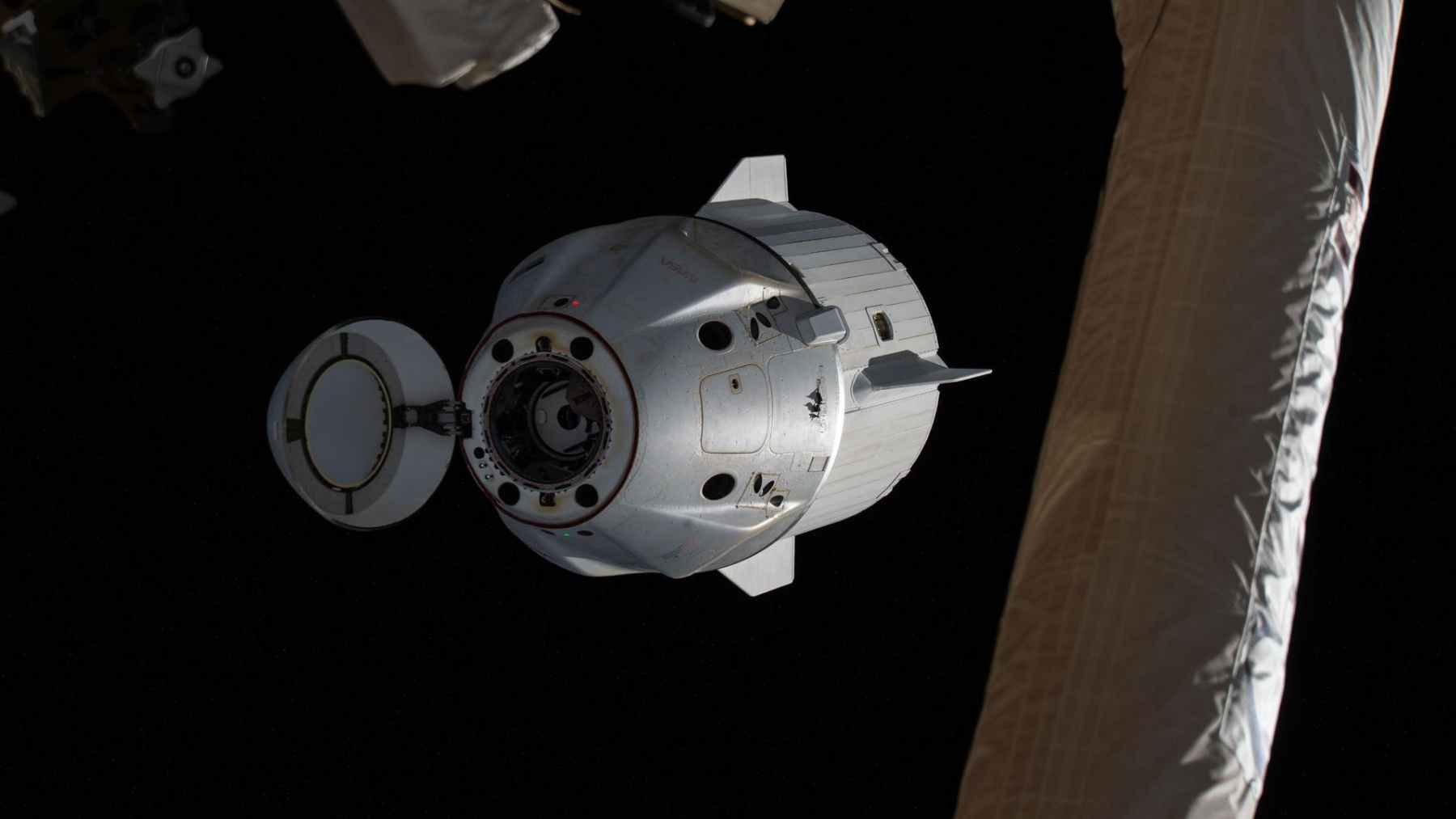Imagine an invisible archipelago, not of islands, but of submarine cables crossing the Atlantic. This metaphor perfectly suited a certain project with one of the boldest ideas in the energy transition. The plan is to transform the scorching sun and abundant winds of the Sahara in Africa into clean electricity for millions of Britons. However, now, with the British government’s recent decision, this archipelago may never come to fruition. And what was supposed to be a symbol of energy integration between continents has become a reminder of the tensions between global ambition and local pragmatism.
When a bottled sun loses its buyer, what future remains?
For years, the narrative was seductive. The Moroccan desert would be converted into a massive renewable energy hub, with 11.5 gigawatts of solar and wind capacity and a battery storage system. From there, the electricity would travel along 3,800 kilometers of high-voltage (HVDC) submarine cables to the British coast in Devon.
As some experts have pointed out, the Morocco-UK Power Project was more than just engineering; it was a vision of the future. In short, the plan was to export the Sahara’s sun and wind to heat British homes. However, now that London has withdrawn its support, this “bottled sun” needs another destination. But don’t worry, the project didn’t die; it just lost its primary buyer.
When homegrown power wins, do global dreams fade?
Despite all its technological charm, the British government concluded that the project did not serve the national interest. Minister Michael Shanks was blunt: the focus now is on “homegrown power,” energy grown indoors. Other factors were also decisive in this decision, including:
- Geopolitical risk: Reliance on cables crossing the Atlantic and passing near unstable countries was seen as a vulnerability in times of global uncertainty.
- Rising cost: The contract requested by Xlinks was a 25-year CfD (Contract for Difference). The estimated price jumped from £48/MWh in 2022 to £70–80/MWh in 2025–almost the same as nuclear power at Hinkley Point C.
- Strategic alignment: For London, investing in domestic projects brings a double return: it strengthens the local economy and reduces dependence on third parties.
Energy Secretary Ed Miliband summarized these points in a statement:
“There are stronger, safer alternatives to accelerate the path to net zero without imposing unnecessary risks on taxpayers and consumers.”
However, even if the United Kingdom has closed the door, the desert still has plenty of light to offer. This is because Xlinks and investors are already talking about redirecting the project to new markets. Some potential destinations are Germany, which is looking to replace Russian gas and accelerate its renewable energy mix, and the European Union as a whole, which is seeking energy diversification and supply security (in fact, when it comes to energy, Europe is already facing the largest mobilization in history).
Africa’s sun waits: global lifeline or untapped promise?
We need to keep in mind that this episode rekindles a strategic question: could the African continent become the world’s next major supplier of clean energy? Ultimately, the cancellation of the Morocco-UK Power Project is more than a government decision. On the one hand, transcontinental projects bring scale and innovation. On the other hand, they carry political and economic risks that many countries prefer to avoid. The United Kingdom chose the latter option, that is, to invest in domestic solutions.
But the project’s legacy endures. It symbolizes the possibility (and challenges) of using the African sun as a global engine for clean energy. The project hasn’t disappeared; it’s simply moved to a new crossroads. After all, the sun is still there, waiting for those who want to transform it into real power. In short, this entire scenario doesn’t rule out the possibility that Africa started the green energy revolution.
